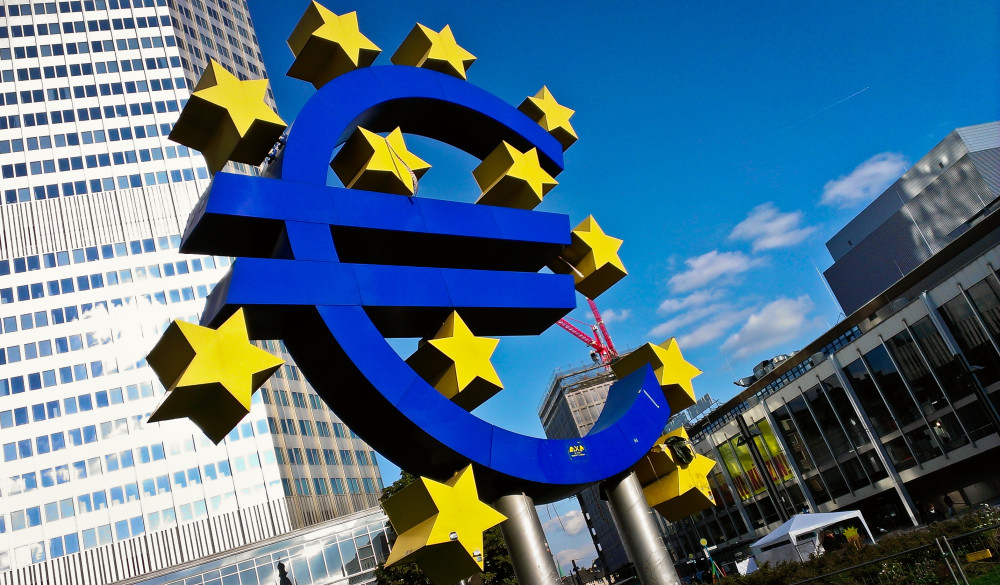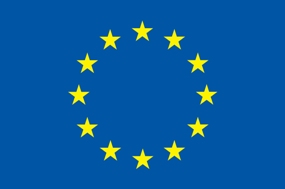10. March 2015
New technologies in the light of a European crisis

Can technologies like Multisensor serve the needs of a society in times of crisis?
During the past decade, the rapid development of digital technologies and the low cost of recording media have led to a great increase in the availability of multilingual and multimedia content worldwide. In the best case, this content is repetitive or complementary across political, cultural, or linguistic borders. However, the reality shows that it is also often contradictive and in some cases unreliable. The consumption of such large amounts of content regardless of its reliability and cross-validation can have important consequences on the society.
The European financial crisis and the role of the media

How is the current situation in Greece perceived inside and outside the country?
An indicative example is the current critical situation in Greece and its unstable role in the European Union, which could lead to a new European crisis. Regardless of the different political opinions it is certain that the current situation in Greece and the rumors about Grexit have created an extremely unstable ground for economic transactions and caused insecurity not only among the Greek population but acoss Europe.
In such a complex situation, it becomes increasingly difficult for the media to fulfill their role as objective observers. At the same time it becomes more and more important to include as many details as possible to garantuee a comprehensive coverage. This is often due to the lack of a good understanding of local context from another country. The consequence is a great uncertainty and nervousness among people, politics and economy, which makes national and international investments (e.g. by SMEs and entrepreneurs) really risky.
Broadening the view through technology
One reason for the increasing difficulty of explaining the situation is linked to the inability to equally consider all available media resources from all sides. This leaves the population in each of these encapsulated areas in its own perspective – without the realistic opportunity to understand the perspective developed in the other areas in order to adjust the own.
To break this isolation, society and especially journalists and the potential entrepreneurs (in Greece and in wider Europe for this specific case) need access to technologies that can provide unified access to multilingual and multicultural economic and news story material across borders. They need technologies that help understand the whole picture by gathering, correlating and summarising the available material. These technologies should be capable to capture, interpret and relate (and thus objectivise) economic information and news from various subjective views and numerous sources.
How can Multisensor help in this situation?

The growing number of sources makes media monitoring a very complicated and delicate task.
MULTISENSOR aims at bridging this gap by envisaging an integrated view of heterogeneous resources such as international TV, newspapers, radio and social media. Specifically the MULTISENSOR project develops technologies that will allow for a unified view. The aim is to create one web platform that merges multilingual and multimedia news stories and financial content. This aggregated form allows for the ability to quickly identify different national and international opinions from political parties, journalists or other groups and individuals on the same event. For instance when speaking about the Greek crisis, such technologies could integrate information coming from Greek and wider European TV, newspapers and social media and identify the different opinions of people, journalists, politicians and others with respect to the Greek participation in the Eurogroup meetings.
Potential investors will benefit from the integration of complementary and contradicting multilingual and multimedia information in order to get guidance for international investments, e.g. an internationalisation. Given the high unemployment in nowadays in Greece and in many other European countries (e.g. Spain) the attraction of additional investments for a country can be considered of utmost importance.
Journalists will also benefit by directly accessing opinions of people and media from different countries and political parties. Finally, the Greek and wider European public will also benefit from this as they will learn and come to understand the views, fears and worries of the citizens all over Europe and get more support for forming an objective opinion with respect to the state of affairs.
Photo Credit:
- Euro sign at European Bank, Frankfurt by ChrisGoldNY via Compfight cc
- Ceremonial parade outside Greek Parliament: luco* via Compfight cc
- Televison Newsroom: Steve Bowbrick via Compfight cc

